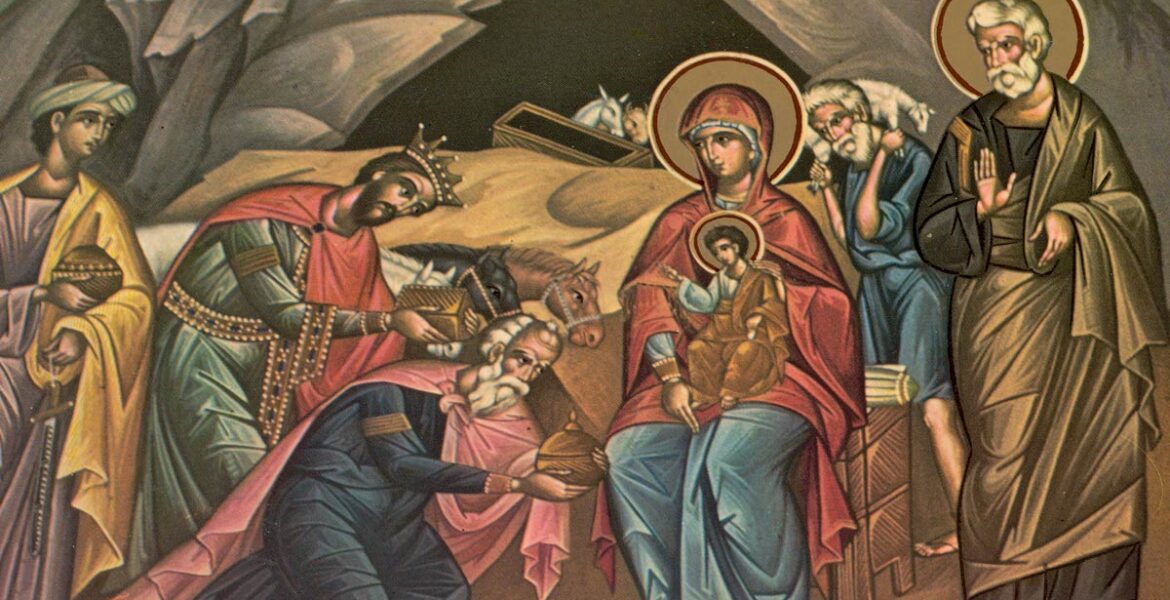Every year on 6 and 7 January, millions of Orthodox Christians around the world celebrate Christmas, almost two weeks after their western counterparts have already feasted and rung in the New Year.
For several countries in Europe, including Ukraine, Serbia, Montenegro, Russia and Belarus, parts of Bosnia and Herzegovina, and African countries such as Egypt and Ethiopia, 6 January is Christmas Eve.
The reason for the difference in festivities is due to the separate calendars that Catholic and Orthodox Christians use to mark the birth of Jesus Christ.
Introduced by Pope Gregory XIII in 1582, the Gregorian calendar is the world’s most widely used civil calendar and the one that western Christians -- including Catholics and Protestants -- use to celebrate Christmas on 25 December.
The calendar was initially proposed to make sure that Easter, the Church's most important festival, always fell around the spring equinox in response to a gradual time drift that was occurring under the previously-used Julian calendar.
But Orthodox Christians — excluding the Greek Orthodox Church, which adopted the Gregorian calendar in 1923, and parts of the Ukrainian faithful — still use the Julian calendar today.
It is a solar calendar that was implemented in 46 BC by Julius Caesar and is a whole 13 days later than its Gregorian counterpart.
The almost two-week gap was caused by a slight miscalculation when the Julian calendar was first devised, leading to it falling more and more out of sync with the solar year as the centuries passed. As a result, Orthodox Christmas will eventually fall on 8 January by the year 2100.


